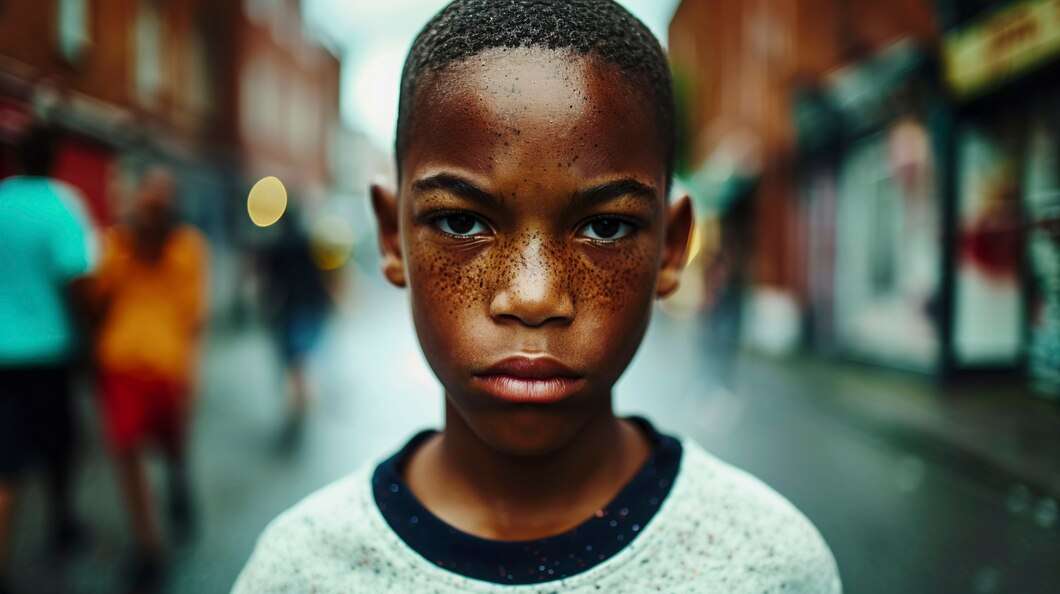BY KAHA GEDI
First, on my drive to school. I noticed a few posters in my community saying someone was missing. It stood out to me because it had been a long time since I had seen missing posters for actual people; it’s usually for lost cats, or dogs. Now, I realize after seeing a report by the Toronto Caribbean Newspaper that there’s been a rise in missing Black boys in the GTA, that those two/three posters I saw were exactly that. My initial response was “I hope they get found and are safe,” however now that I know this is a recurring theme in Toronto, it just makes this situation so much worse.
After hearing the news, I wanted to gain some insight into how the parents of these missing boys might be feeling. So, I asked my mom, and she said “I can’t imagine how difficult it must be for them. It’s heartbreaking to think about what they’re going through. Having to carry on with life while their child is missing and pretending as if everything is okay when it’s not. How do they keep going? How do they find the strength to breathe, knowing their child isn’t there?”
Now, what can we as individuals do to help prevent these disappearances, and to support the families of missing Black boys?
Raise awareness in the community
One of the best ways to help is by spreading the word. If you see missing person cases, share them on social media, or put up flyers in your neighbourhood. The more people who know about it, the better the chances of finding the person.
Educate ourselves and others
It’s important to understand why these disappearances happen. A lot of times, people don’t know how to report a missing person, or what steps to take. As well as, how crucial the first 24 hours are of someone being missing. Teaching others about these steps can help create more support and most importantly hope in the community.
Build safer communities, better support groups
The ages of the missing Black boys range from around 15 – 25. With this in consideration, creating safer spaces can help prevent these situations. Supporting after-school programs, or mentorship groups gives kids a place to go and people to talk to. Around these ages, especially on the younger side, people don’t like to or don’t know how to discuss their feelings.
Offer emotional and practical support to families
When someone’s child is missing, it’s unimaginably difficult. We can help by showing support, whether it’s listing, or helping with fundraisers, or petitions. Families often have to pay for search costs, so donating money can also be a huge help.
Advocate for systemic change
We need to make sure that everyone gets the same attention when they go missing. We can speak out for better law enforcement response and better support for BIPOC communities. We can also push for better services, like mental health care, and safer environments for young people so they are less at risk.
In conclusion, the rise in missing Black boys is an important issue that requires our immediate attention. By raising awareness, educating ourselves, supporting families, and pushing for change, we can help aid these disappearances and ensure those affected receive the resources they need. Working together as individuals and communities, we can make a real difference in creating a safer and more equitable society for everyone.

